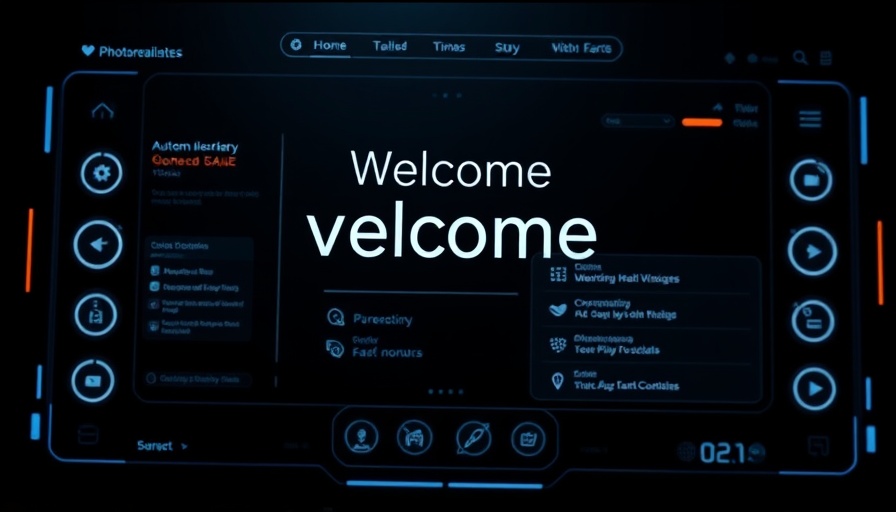
Google’s Gemini: A Leap into the Future with Canvas Integration
In a significant stride towards enhancing artificial intelligence capabilities, Google is preparing to roll out two groundbreaking features within its Gemini platform: Canvas and Veo2 video generation. Gemini, which has been generating buzz with its recent updates, is set to elevate its functionality further, appealing immensely to AI lovers and tech enthusiasts alike.
Canvas: Much More than Just a Blank Slate
The Canvas feature has been under development for some time, and is now positioning itself as a crucial tool for users. Think of it as a modern workspace where detailed documents or code files can come to life, similar to functionalities seen in ChatGPT. By allowing users to create customizable content, Canvas is positioned to appeal not only to developers but also to anyone interested in interactive creation approaches.
With the addition of a button in the Composer menu, users will have the flexibility to easily access and utilize the Canvas feature as per their needs. Initially, this tool will be exclusive to the Gemini 2.0 Flash version, catering specifically to an early adopter audience eager to explore the latest in AI productivity.
Veo2: Bringing Videos to Life Within Gemini
One of the most thrilling prospects with the upcoming Gemini enhancements is the introduction of Veo2, an extraordinary tool designed for video generation. This innovative AI model is expected to empower users to generate videos directly through the Gemini interface. What sets Veo2 apart is its acclaimed performance in video production, which could dramatically change how content is created within chat platforms.
Currently, few other platforms like Qwen boast similar capabilities; thus, this arrival will place Google at the forefront of video-focused AI development. The direct incorporation of video generation means users will soon be able to express creativity not just in text, but through seamless video content, further enriching the interactive nature of chat environments.
The Timing of Feature Launches: What to Expect
As with any technological launch, timelines can be subject to changes. While placeholders have been set for March 18, it remains uncertain when these significant features will be accessible to the general public. Drawing on historical patterns, once the integrations begin rolling out, users might expect functionalities to materialize anywhere between a few weeks to a month.
The Relevance of These Upgrades in Today's Digital Landscape
The introduction of Canvas and Veo2 within Gemini is more than just a technical update; it signifies a trend of AI platforms moving towards providing versatile multifunctional tools that cater to a broader demographic. As the demand for innovative technologies surges, these updates resonate strongly with current trends whereby users value powerful yet user-friendly interfaces that streamline their creative processes.
Future Implications: What This Means for AI Adoption
The capabilities of features like Canvas and Veo2 could influence how industries utilize AI technology. Businesses are increasingly leaning towards tools that enhance productivity and creativity without necessitating deep technical skills. This democratization of content creation empowers a wider audience to engage with AI tools, leading to a vibrant community of innovators and content creators ready to leverage these advancements.
Final Thoughts: Prepare for a World of Opportunities
As Google gears up for these exciting integrations in Gemini, there is palpable excitement in the air for AI enthusiasts. With enhanced capabilities on the horizon, the expectation is that users will find new and inspiring ways to utilize these tools in their personal and professional lives. It’s a revolution in the making, and for AI lovers, this is just the beginning.
Stay updated on these developments and how they can affect your engagement with AI technologies. Embrace the tools that will soon define the next chapter in creative expression and innovation!
 Add Row
Add Row  Add
Add 




 Add Row
Add Row  Add
Add 

Write A Comment